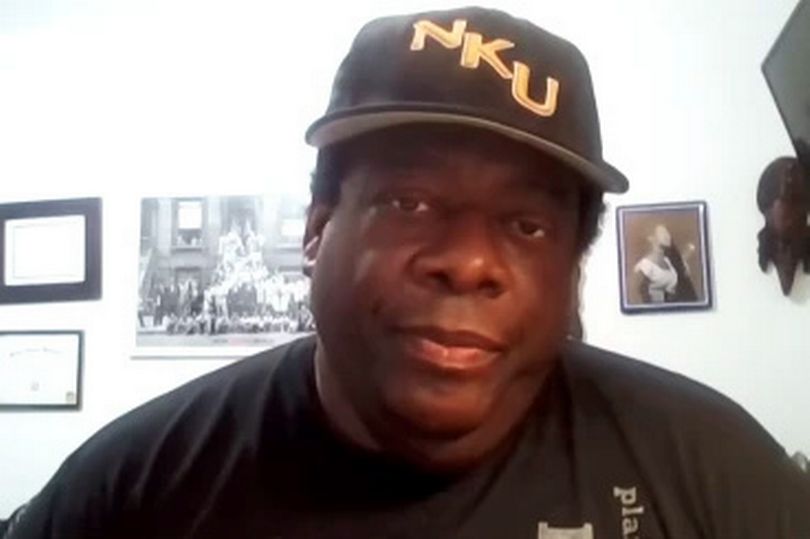A Coach Stands Up for His Students Amid ICE Encounter
A baseball coach in New York City recently found himself in an unexpected and intense situation when he intervened to protect the young athletes he trains from what he described as inappropriate questioning by immigration authorities. Youman Wilder, the founder of Harlem Baseball Hitting Academy, took a firm stance when he noticed ICE agents approaching the children he mentors.
Wilder shared his experience with MSNBC’s Nicolle Wallace, explaining that he didn’t hesitate to step in when he overheard agents asking the kids about their origins and their parents’ backgrounds. “I just stepped in and said this is very inappropriate to ask these kids anything,” he said. “I’m just going to have them implement their Fifth Amendment right, and not say anything to you.”
The encounter escalated when an ICE agent reportedly mocked him, saying, “Oh, another YouTube lawyer.” Wilder instructed the kids to move to the back of the batting cages while he addressed the agents. He emphasized that even his tough New York City kids were visibly scared, which he said indicated something serious was happening.
“I reassured the kids, telling them, ‘Listen, I’m not going to let them get through me,’” Wilder said. He added, “I just said to myself, ‘I’m willing to die to make sure you get home.’” He doubled down on his statement, declaring, “I’m willing to die today.”
Wilder described his program as one filled with “upstanding kids with bright futures” who are not “victims.” He proudly mentioned that 45 of the kids he has trained have gone on to play in the Major League. Additionally, he highlighted that 400 African American and Latino students have graduated from his program and attended college, with many enrolling in Ivy League and other prestigious universities.
His actions sparked a broader conversation about the need for adults to stand up for young people. “We have to have people speaking up and we have to have a better way to do this stuff,” Wilder said. “We have to care about people, young people.”
Following the interview, an ICE spokesperson released a statement saying, “ICE has not conducted any recent enforcement activity in the vicinity of Riverside Park.” However, Wilder disputed this claim, stating that the agents involved were dressed in camo and armed as they approached his class. He also noted that they had badges identifying them as ICE agents.
This incident is part of a larger pattern of concerns regarding ICE activities. In recent months, immigration and customs enforcement agents have been accused of harassing volunteers supporting migrants and their families at federal immigration hearings in several California cities. Volunteers in Sacramento, San Diego, and San Francisco allege that ICE agents have been entering public immigration court proceedings, which are open to the public under federal law and the First Amendment. They report being physically and verbally threatened and harassed in an attempt to hinder their efforts.
Wilder’s bold intervention highlights the importance of standing up for vulnerable communities and the role that individuals can play in protecting the rights of others. His story serves as a reminder of the power of advocacy and the responsibility that comes with it.







